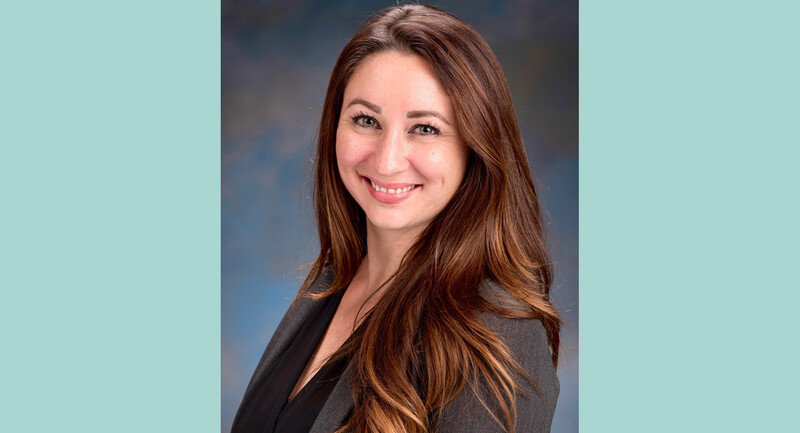December 1, 2019
•
•
Vol. 77•
No. 4ASCD Policy Priorities / Do We Really Want Education in the Campaign Spotlight?
The presidential campaign season will begin in earnest this February with the Iowa caucuses and New Hampshire primary. Which means it's now time for the quadrennial complaint from the K–12 cognoscenti about the failure of the candidates—or the voting public—to make education a top campaign issue.
Sure enough, health care, immigration, economic inequality, gun control, and the environment have dominated Democratic candidates' speeches, ads, and debates to date. Those first three issues are the same ones that dominated the 2018 midterms. And the 2016 presidential election before that. In fact, education was so absent in the 2016 campaign that after President Trump was elected, educators had to scramble to find out what his education platform was (mainly school privatization and voucherizing Title I) because he rarely, if ever, talked or was asked about it during the campaign.
This pattern has held for 20 years. You have to go all the way back to the 2000 election and then-Governor George W. Bush's central themes about the "soft bigotry of low expectations" and the "Texas miracle" for the last time education played a prominent role in a presidential campaign. That Bush's victory begat the No Child Left Behind Act the following year is just another warning to education advocates to be careful what they wish for.
It's not like education's thought leaders haven't tried to make K–12 schools a topic of campaign rhetoric. Who can forget (or rather, who can remember, since the campaign was so utterly ineffective) the "Ed in ‘08" initiative that was going to make education a top issue in the 2008 elections. Led by former Colorado Governor Roy Romer and funded by the Gates and Broad Foundations, the campaign was intended to inspire a groundswell of public support—not for any particular K–12 education policy, but merely to make education a main topic of discussion among federal and state candidates. It was as misguided a strategy as it was ill-fated. The plea for attention—any attention—to education never bore fruit and was eventually subsumed by the Wall Street crash and subsequent global economic meltdown.
To be fair, this year's campaign hasn't been completely devoid of mentions about education. Senator Michael Bennett, once the superintendent of Denver schools, has touted his past education experience, as has Senator Cory Booker, who oversaw Newark, New Jersey's schools (and a $100 million Facebook donation to the district) when he was mayor there. Senators Warren and Sanders have talked extensively about college affordability and the burdens of student debt on individuals and the larger economy.
Still, the most notable moment for K–12 education so far, and one of the most memorable of the whole campaign season, was Senator Kamala Harris's critique of former Vice President Joe Biden's past opposition to school busing, when she noted that as "a little girl in California" she had benefitted from busing that integrated her county's schools. Of course, though school integration remains a pressing topic, revisiting a controversial 50-year-old policy is hardly the kind of positive and forward-looking education plan reformers imagine when they lament that the topic is getting short shrift.
The question is, Why do education thought leaders and advocates insist on the need to spotlight education in the presidential campaign? Educating the country's young people will still be a national priority with or without it being affirmed as such by rising to the level of presidential campaign issue. Educators hardly need a school-based sound bite uttered by President Trump or a Democratic contender to validate the vitally important work they do.
In fact, educators should be grateful that education is mostly ignored by the candidates. The middle of a presidential campaign is hardly the best time or appropriate forum for a reasoned, nuanced debate about the challenges and complexities of the American education system. Also, by their very nature, political candidates are wont to identify a problem and then offer a solution. It's a devil's bargain to wish for a raft of specific policy proposals in exchange for the nation being told that our current school system currently is irreparably broken.
Finally, there is the practical reality of our political and education governance systems. The truth is that, for all the talk and attention there might be at the national level, the federal government and the president who leads it have limited involvement with and authority over education decision making. Education remains one of the few public endeavors that is primarily a state and local affair. Indeed, federal education policies are often an attempt to leverage the meager percentage of school funding that comes from the federal government (7 percent, compared to the 93 percent that comes from the combined state and local contribution) into a disproportionately large effect. Why would or should White House wannabees spend time on an issue that highlights the constraints on their power when they can instead concentrate on areas like defense, foreign affairs, and trade, for which their presidential authority is nearly limitless?
So the next time you hear someone reflexively bemoan that the presidential candidates aren't talking much about education, ask yourself if that's really such a bad thing. And then thank your lucky stars.








